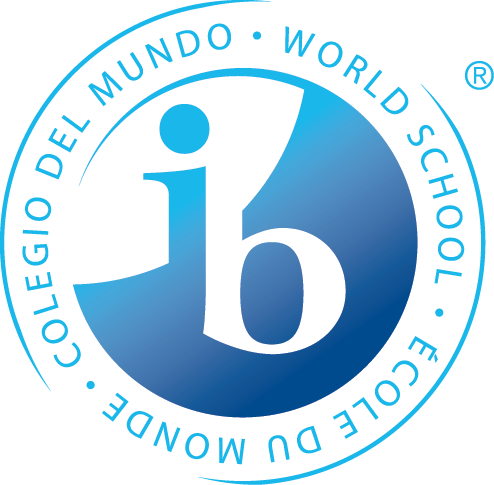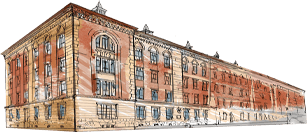 Adam Mickiewicz
Adam Mickiewicz
He was born on December 24, 1798 in Zaosie or Nowogródek. At the age of 11, he began to write poems, and after graduating from the Novogrudok district school in 1815, he studied at the Faculty of Literature of the Vilnius University.
He was one of the founders of the Philomath Society (1817), which gathered young writers.
Philomats and Filarets read a lot of books, and they were fluent in several languages: Polish, Latin, Russian, French,
and later also German.
In the years 1819-1823 he worked as a teacher of literature, history and law at the district school in Kaunas. In the summer of 1820 he came to Tuhanowicz, to the Wereszczak’s estate, where he met his great, romantic and unhappy love – Maryla W. (related to her, among others, the fourth part of Dziady, Upiór, poetry Do M ***). As a result of an investigation against secret youth associations, he and his friends were arrested and imprisoned in the Vilnius Basilian monastery.
At the beginning of November 1824 he left Vilnius and for participation in secret societies and patriotic propaganda he was sentenced to work as a teacher in the central governorates of the Russian Empire, but for political reasons he never took up the job.
After leaving Lithuania in the fall of 1824, he stayed for three months in St.Petersburg, went to Odessa (March – November 1825)
and to Crimea in the company of K. Sobańska, with whom he had an affair.
In the years 1825-1828 he lived in Moscow (Sonnets, Konrad Wallenrod). On May 27, 1829 he left Russia, and a trip around Europe (Berlin, Dresden, Prague, Weimar, Bonn, Venice, Florence) led him to Rome, where he arrived in November 1829.
In July 1830, he went to Geneva, where he met Krasiński and visited Switzerland. In mid-December 1830, in Rome,
the news of the outbreak of the uprising reached the poet, but it was only in August 1831 (traveling through Paris, Leipzig and Dresden) that Mickiewicz reached Greater Poland, where he stayed. He spent the period from March to June 1832 in Dresden with the wave of emigrants. At the end of July 1832 he arrived in Paris, which from then on – with minor or major breaks – was his second, but unpopular, homeland (Księgi narodu i Polish pilgrimage, Poezje, vol. 4, here: Part III of Dziady and Dziady, Part III, Paragraph; Pan Tadeusz 1834, translation by Giaur Lord Byron 1835, Poezje, vol. 8 – 1836). He took part in the life of emigration, but did not get involved with any political option, and discouraged by disputes and quarrels, he thought about religious life (in 1834 he founded the Society of Brothers with his friends – the nucleus of the later Order of the Resurrectionists).
In July 1834 he married Celina Szymanowska (they had 6 children). From autumn 1839 to spring 1840 he lectured on Latin literature
in Lausanne. From December 1840 to May 1844, he conducted a Slavic literature course at the College de France in Paris. In July 1841 he met Towiański and with incredible zeal he became the spokesman for the Cause and the head of the Towiański Circle in Paris. After the split, in 1846 he founded his own Circle, which he led in 1847.
In 1848 he organized the Polish Legion in Italy. In March 1849 he founded and edited a political journal in Paris
“La Tribune des Peuples” (March 15-April 13, September 1-November 10), where he published nearly ninety articles. In 1852 he started working in the Arsenal Library, and in September 1855 he went to Turkey with a mission to support the formation of Polish legions to fight Russia in the Crimean War.
He died in Istanbul on November 26, 1855 and left a huge legacy for the nation in the form of beautiful and timeless ballads
and poetry, eg Ode to Youth – 1820, Kaunas; Pan Tadeusz, Konrad Wallenrod and many others, headed by the Song of the Philarets, which is the hymn of our high school.




